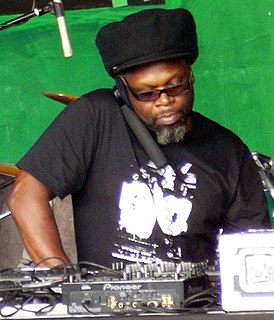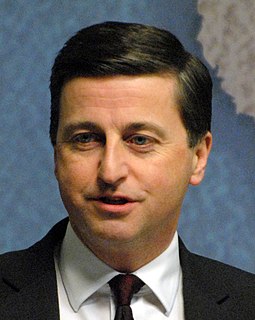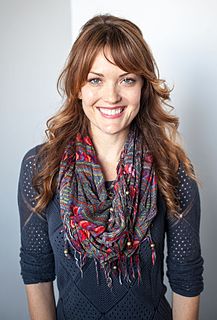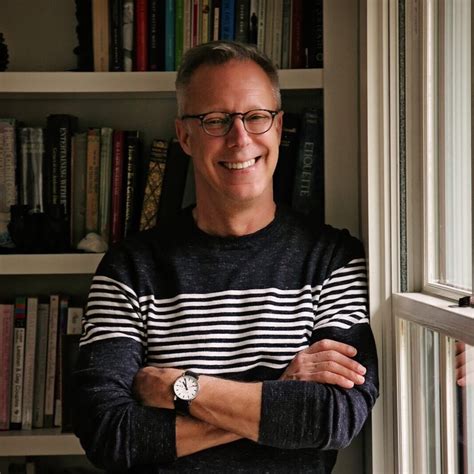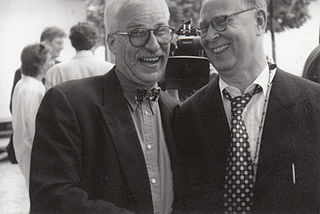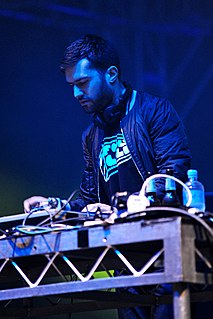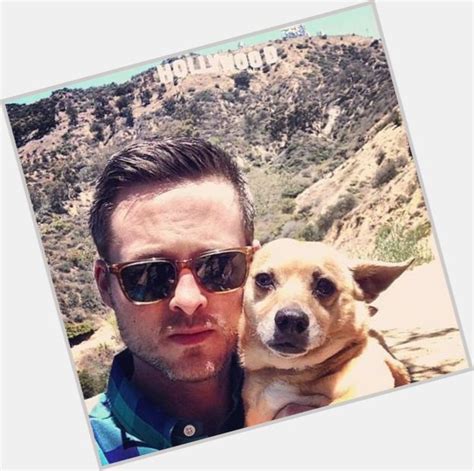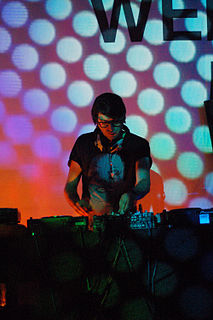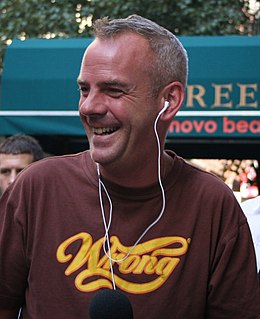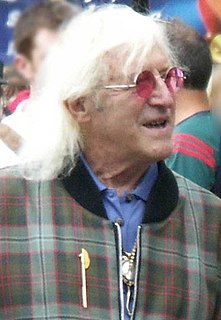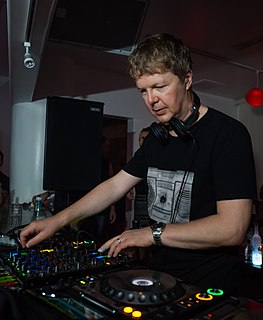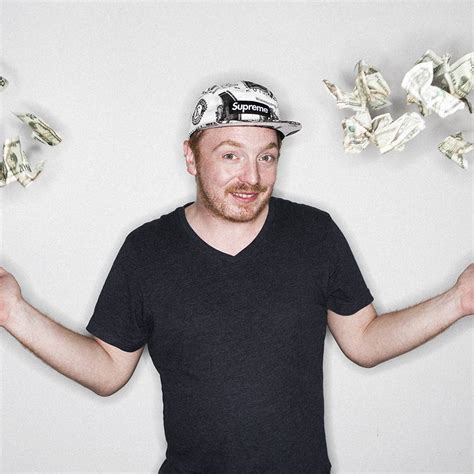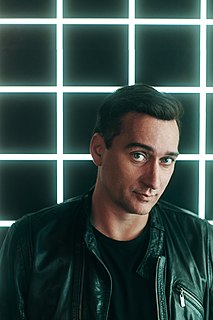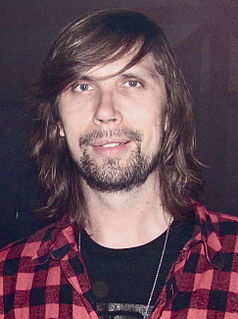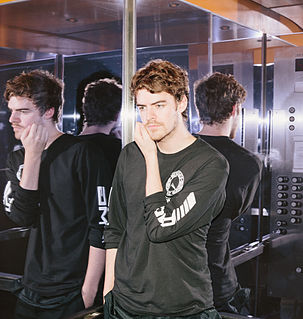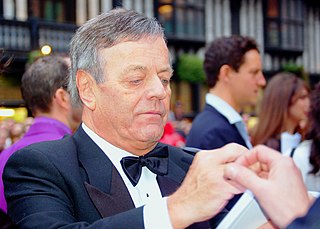A Quote by Jazzie B
We, black British, were searching - as the first generation that was born and raised here - for our own identity. We already knew what the Caribbean thing was about. We grew up with the racial tension and unrest. They were either touching your head for good luck or kicking you down the stairs for being too dark. But that was part and parcel of how we grew up in London. But in terms of our identity, it was more about us claiming it y'know?
Quote Topics
About
Being
Black
Born
Born And Raised
British
Caribbean
Claiming
Dark
Down
Either
First
First Generation
Generation
Good
Good Luck
Grew
Grew Up
Head
How
Identity
Kicking
Knew
Know
London
Luck
More
Our
Own
Parcel
Part
Part And Parcel
Racial Tension
Raised
Searching
Stairs
Tension
Terms
Thing
Too
Touching
Touching You
Unrest
Up
Us
Were
Your
Related Quotes
I would say I'm black because my parents said I'm black. I'm black because my mother's black. I'm black because I grew up in a family of all black people. I knew I was black because I grew up in an all-white neighborhood. And my parents, as part of their protective mechanisms that they were going to give to us, made it very clear what we were.
Being part of The L Word made me realize how much more television can be that what I had experienced in my lifetime in terms of being able to be of service to people. I had so many fans come up to me who were really deeply appreciative of the show and what it had meant for them and their own sense of identity and their own sense of inclusion in our society and in our culture.
We no longer just take religious identity from our parents, so what's going on? Why are people going to this series, why are people reading so many books about religion? It's because they want answers. The answers are no longer just passed down from generation to generation. It's harder for people. In effect, you have to roll up your sleeve and ask the questions. But if you do it, if you forge your own identity, it can be much more personal and much more meaningful to you.
Being LGBT is not a choice. It's not about "a sexual proclivity." It's not a "lifestyle," as you put it. It's about our identity. Pride is a time when we come together to celebrate our community and when others do, too. Just as we do for other racial, ethnic, and religious groups that are part of the "tossed salad" nature of our society.
We all have to acknowledge the life and the path we were born into. And the things that define us, they're often somewhat narrow: our class, our race, our gender, where we grew up, what geography we were exposed to. The curiosity and wonderment of, "What it's like on your path?" - that's when you go into high alert.
My mother is Afro-Caribbean and my father is Caucasian-American, and I was born in Pennsylvania and moved to the Cayman Islands when I was about 2. So I grew up there with my mother, and it's really all I know. I grew up there until it was time to go to college, and that's when I moved back to America.
It is a curious thing, the death of a loved one. We all know that our time in this world is limited, and that eventually all of us will end up underneath some sheet, never to wake up. And yet it is always a surprise when it happens to someone we know. It is like walking up the stairs to your bedroom in the dark, and thinking there is one more stair than there is. Your foot falls down, through the air, and there is a sickly moment of dark surprise as you try and readjust the way you thought of things.
